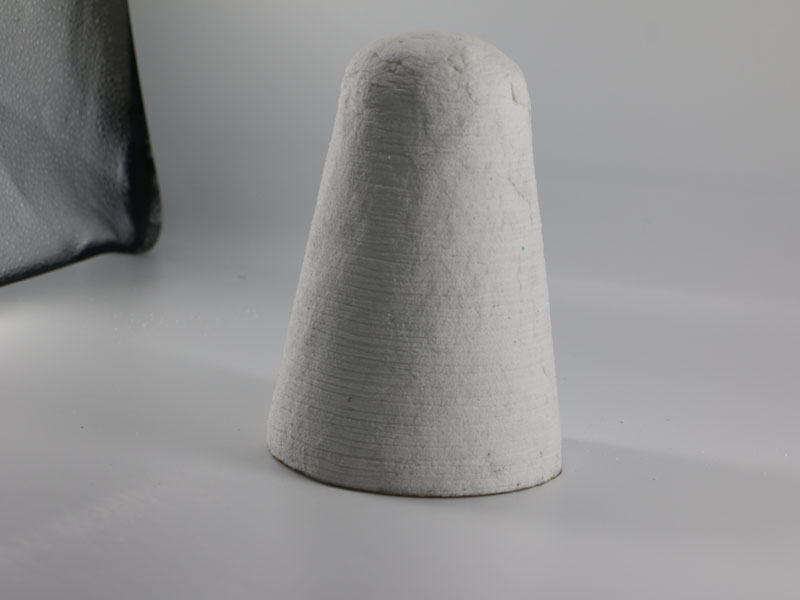
08 3月 Ceramic Fiber Soft Tip
Ceramic Fiber Soft Tip is to prevent aluminum leakage in aluminum plants, reduce risks, and improve automation and safety. Practice has proved that the plugging system has a simple and compact structure, stable operation and convenient maintenance.
In recent years, aluminum alloys have developed rapidly. The main reason for this situation is the leakage of aluminum from the aluminum outlet, which cannot be blocked in time.
The furnace is filled with liquid aluminum. Once the aluminum leaks, the high-temperature aluminum liquid quickly leaks. Personnel on site cannot be approached
If an aluminum accident that cannot be prevented by humans occurs, it may cause a major accident.

Ceramic Fiber Soft Tip uses high-aluminum fiber to control or prevent the flow of aluminum liquid, and accurately cast aluminum and aluminum alloys.
From the original manual process to the vacuum suction filtration automatic equipment molding process, the production efficiency is high and the quality is stable. The yield rate can reach 99%.
The mass distribution is uniform, the hardness is higher than the ordinary plug, the plug is tight, it is not sticky to aluminum, and there is no slag. It is used to control the flow of liquid metal in the tank and kiln.
Ceramic fiber vacuum forming is made of high-quality ceramic fiber blocks using vacuum forming technology.
The purpose of manufacturing these products is to meet the special requirements for insulation in the industrial field.
In order to meet the needs of customers, various products need to use special molds according to their unique shapes and sizes.
All vacuum-formed refractory shapes have low shrinkage at applicable temperatures, and can maintain insulation and light weight.
When using this product, it will not be attacked by a large amount of molten metal.
The refractory cone uses high-aluminum fiber to control or prevent the flow of aluminum liquid, and accurately cast aluminum and aluminum alloys.
Features of Ceramic Fiber Soft Tip
1. It has the advantages of light bulk density, high temperature resistance, good thermal stability, low thermal conductivity, small heat capacity, and good mechanical vibration resistance.
2. Small thermal expansion, good insulation performance, etc.
If necessary, you can visit www.adtechamm.com or send an email to Sales@adtechamm.com


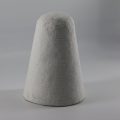
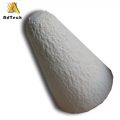
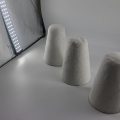
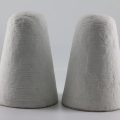
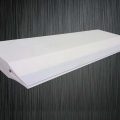
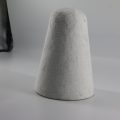
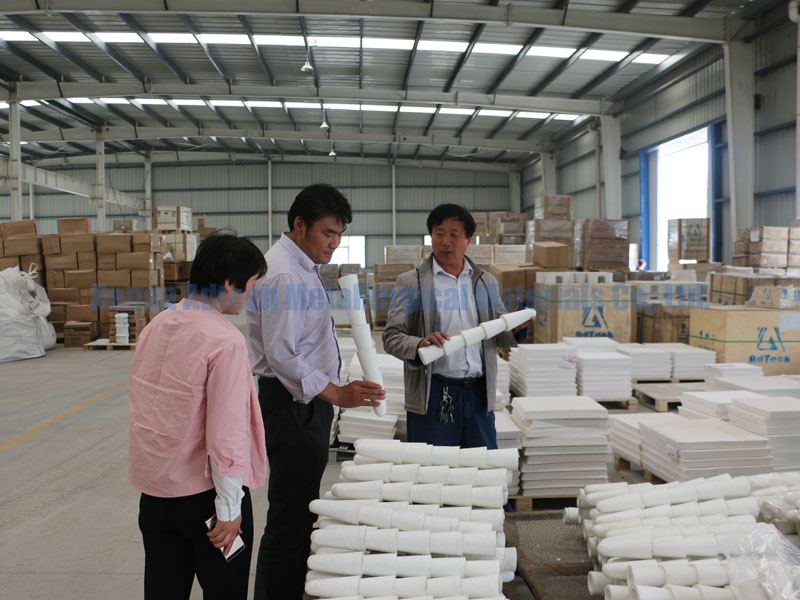
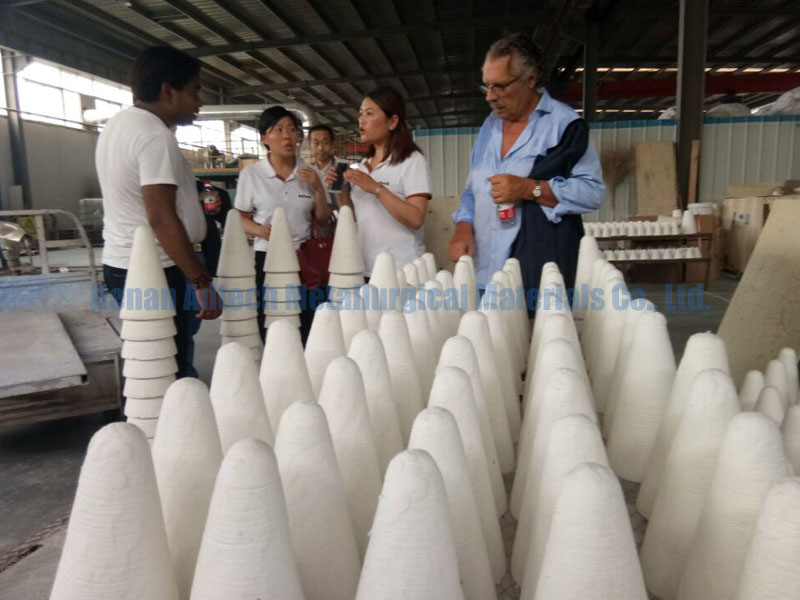
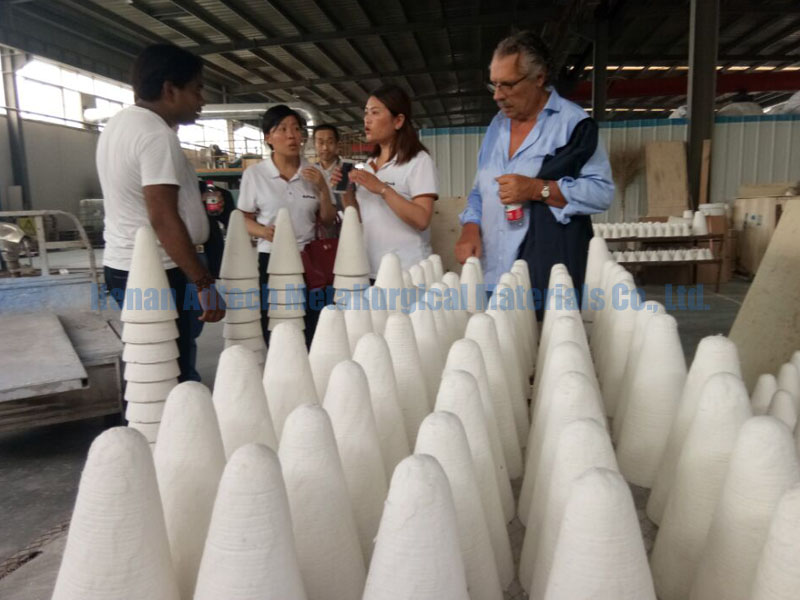
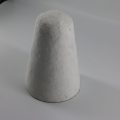
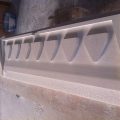
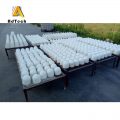
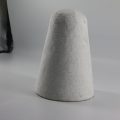
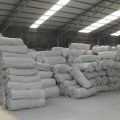
No Comments